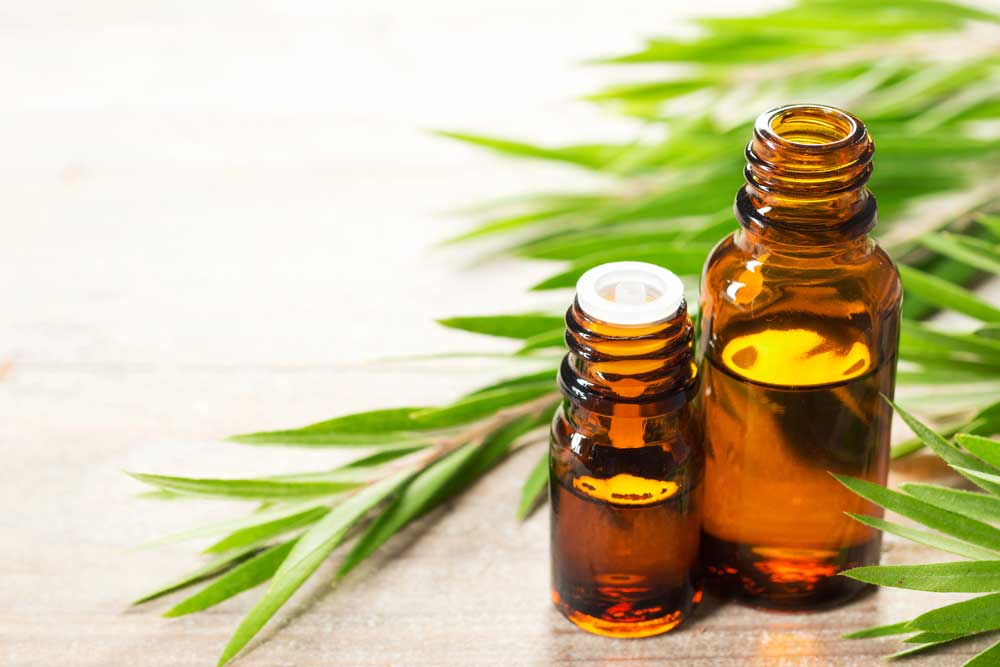Antibiotic resistance is currently one of the world’s most serious public health problems. Bacteria are increasingly able to resist the effect of antibiotics and the number of bacterial infections that do not respond to antibiotic treatment is increasing.
Annually in the U.S., at least 2 million people get infected with antibiotic-resistant bacteria, and at least 23,000 people die as a result.
Globally, antibiotics are often prescribed unnecessarily, for example when people expect doctors to prescribe them for a viral illness (antibiotics don’t work against viruses such as influenza), or they are prescribed for conditions that do not require them. Patients also don’t always complete the entire course of the antibiotic prescribed for them. These are the key factors that contribute to antibiotic resistance which is very dangerous for two main reasons:
- When a microbe is resistant to antibiotics, treating an infection can become difficult or, in some cases, impossible. Such cases can lead to serious disability and even result in death.
- The resistant germ can be transmitted from one person to another within a community, or from patient to patient in a hospital, thereby amplifying the problem.
The good news is that there is a natural alternative to antibiotics; since antiquity, for example in ancient Egypt, aromatic extracts were used to human illnesses while during World War II, essential oils were successfully used to treat injured soldiers.
A growing number of studies are focusing on the specific healing powers of essential oils and their components while treatments based on essential oils or a combination of essential oils with existing drugs and/or components are being explored as a new approach to combatting antibiotic resistance. For example, essential oils such as tea tree, oregano, and Chinese cinnamon have powerful antibacterial properties and can replace antibiotics in the treatment of bacterial infections such as urinary tract infections.
Using essential oils instead of antibiotics has a number of advantages:
- Essential oils can cure resistant infections and do not induce the emergence of resistant bacteria.
- The complex chemical composition of essential oils (100+ active ingredients) makes it impossible for bacteria to build resistance against them.
- Whereas antibiotics have no effect on viral infections, essential oils have both antibacterial and antiviral properties.
- Antibiotics also attack good bacteria and can cause negative side effects; essential oils just modify the environment, making it unsuitable for pathogens to survive.
- Essential oils are immunostimulants – they boost the immune response which is vital to fighting infection and eliminating the pathogen.
- The diffusion of essential oils can disinfect a room in a few minutes and is an effective way to stop the spread of infections.
Hopefully, the present promising research on essential oils as natural replacement for antibiotics and treatment of antibiotic resistance will lead to additional research, gain momentum and speed up the process. I, for one, strongly believe that essential oils are the most effective alternative to antibiotics that can help overcome antibiotic resistance.
Of course, you should always consult with your doctor on any treatment. If you do need antibiotics, take them exactly as prescribed. If, with your doctors’ agreement, you wish to explore essential oils, always consult with an experienced aromatherapist.

